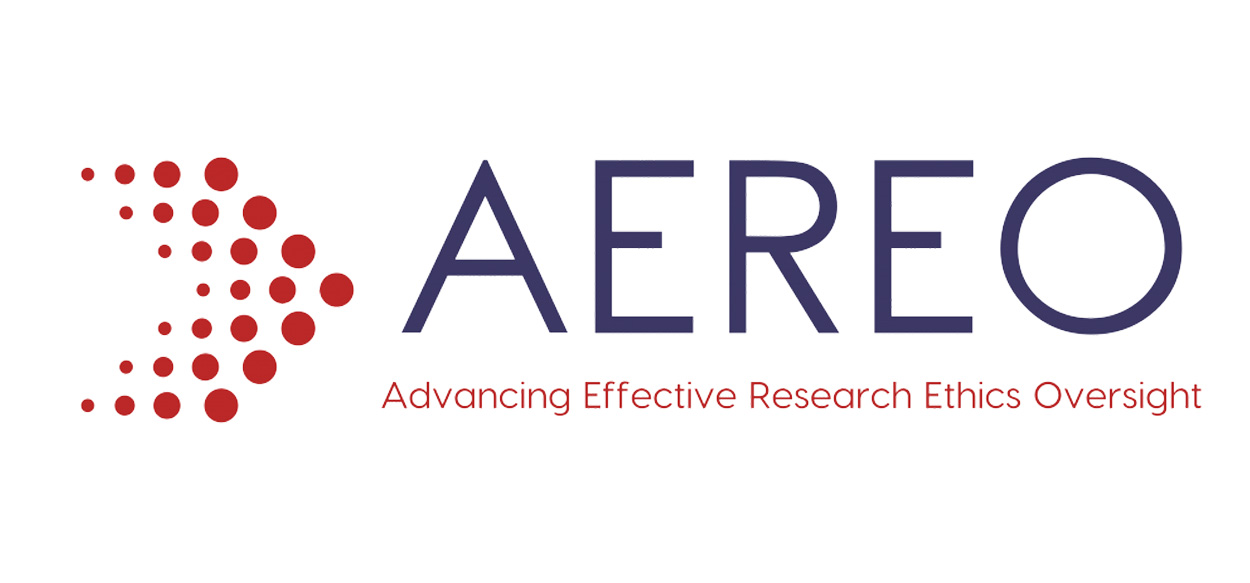
AEREO: Progress on Advancing IRB Effectiveness
In the three years since its founding, the Consortium to Advance Effective Research Ethics Oversight (AEREO) has been making steady progress in its efforts to change how the human research protection community frames and evaluates IRB success.
AEREO now has more than 70 members—from over 50 organizations, institutions, and agencies—who share a common goal of designing more meaningful ways to define and measure “what it means for an IRB to perform at an optimal level,” says Holly Taylor, PhD, MPH, who co-chairs AEREO with Holly Fernandez Lynch, JD, MBe.
Dr. Taylor is a research bioethicist in the Department of Bioethics at the Clinical Center, National Institutes of Health. Ms. Fernandez Lynch is the John Russell Dickson, MD, Presidential Assistant Professor of Medical Ethics at the University of Pennsylvania.
IRB quality traditionally has been linked to process- and burdenrelated metrics—such as cost and turnaround times—in part because they are easy to quantify. AEREO has taken on the bigger challenge of determining whether and how well human research protection programs (HRPPs) and IRBs achieve more qualitative goals around effectiveness, including:
- Protecting research participants.
- Promoting justice in research.
- Creating a culture of ethical concern among research stakeholders.
- Establishing public trust in the research enterprise.
- Ensuring socially valuable, scientifically valid, ethical research.
“If we’re assessing the value and quality of IRB review, we have to look at the benefits as well as the burdens,” Ms. Fernandez Lynch says. “We have to focus on outcomes, especially for research participants.”
Ultimately, AEREO would like to design methods to help IRBs and HRPPs better assess and improve outcomes. To achieve that longterm objective, the consortium has begun compiling and analyzing descriptive data, interviewing and surveying stakeholders, and testing interventions and approaches—all with an eye toward developing recommendations for best practices and policies.
Five Priorities
The consortium’s early research has confirmed both the need for more qualitative assessments of IRB effectiveness and the difficulties of conducting these assessments. Two recent projects—a review of 10 quality assessment instruments and an analysis of how AEREO members meet the key information requirement of the 2019 Common Rule—found wide variability in IRB approaches. One area of consistency: Existing assessment instruments emphasized process and structure over outcomes.
To shift that emphasis, AEREO is targeting five priorities:
- Stakeholder perceptions on the value of IRBs.
- Patient and participant goals and expectations of IRB review.
- Participant outcomes and ways IRB oversight might influence those outcomes.
- IRB deliberations and discretion.
- Processes and structures likely linked to participant protection.
“What we are focused on is a more qualitative analysis of what it means for IRBs to do a good job,” Ms. Fernandez Lynch says. How AEREO’s priorities are addressed will be up to its members. “We really rely on them to bring ideas to the table and use AEREO as a launching pad,” Dr. Taylor says. “We have the capacity to advance our members’ ideas and take what might otherwise be a fairly limited project and help turn it into something powerful.”
An Ally and Partner
She and Ms. Fernandez Lynch stress that AEREO is an ally to IRBs and HRPPs, with members drawn from key leaders in this community. “We are not here to point out what IRBs and HRPPs are not doing,” Ms. Fernandez Lynch says. “If there are areas where we need to improve, we are here to move that forward in a friendly, collaborative way—to work together to protect participants and enable high-quality, ethical research to advance.”
AEREO also has a partner in AAHRPP, which permits organizations to use participation in certain AEREO activities to meet accreditation requirements to demonstrate continuous quality improvement. AAHRPP will also be distributing a survey among accredited organizations as part of an AEREO research project focused on the role of lay members. The collaboration is a natural extension of both organizations’ commitment to advance high-quality research and protect the participants who make it possible.
More information about the consortium, including how to become a member, is available on the AEREO website.


